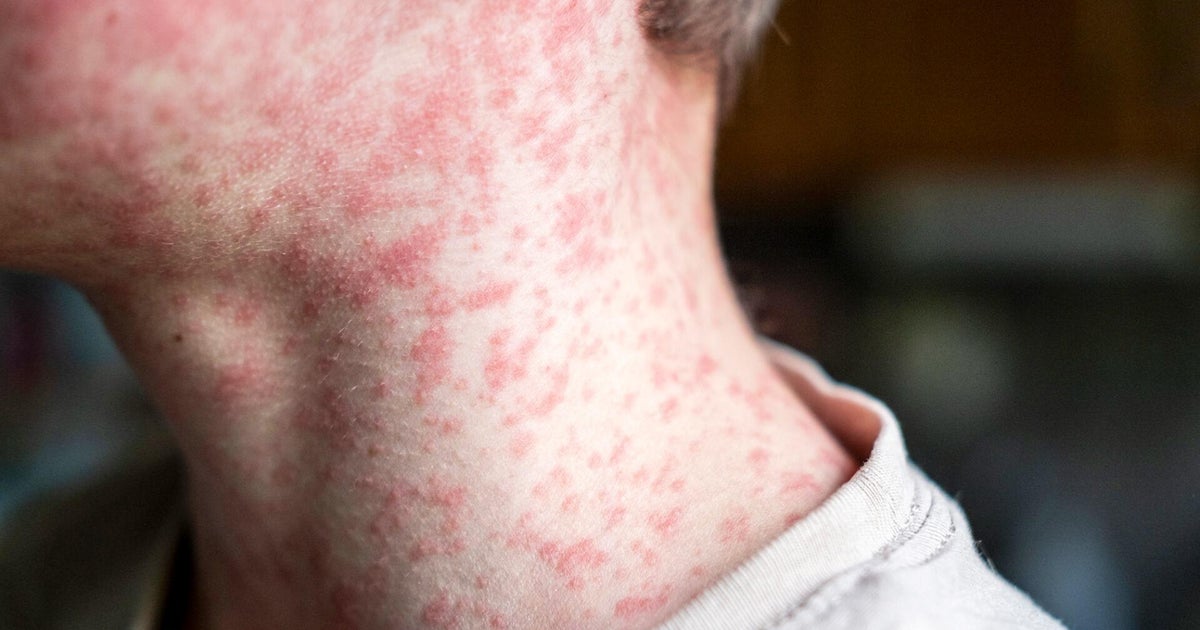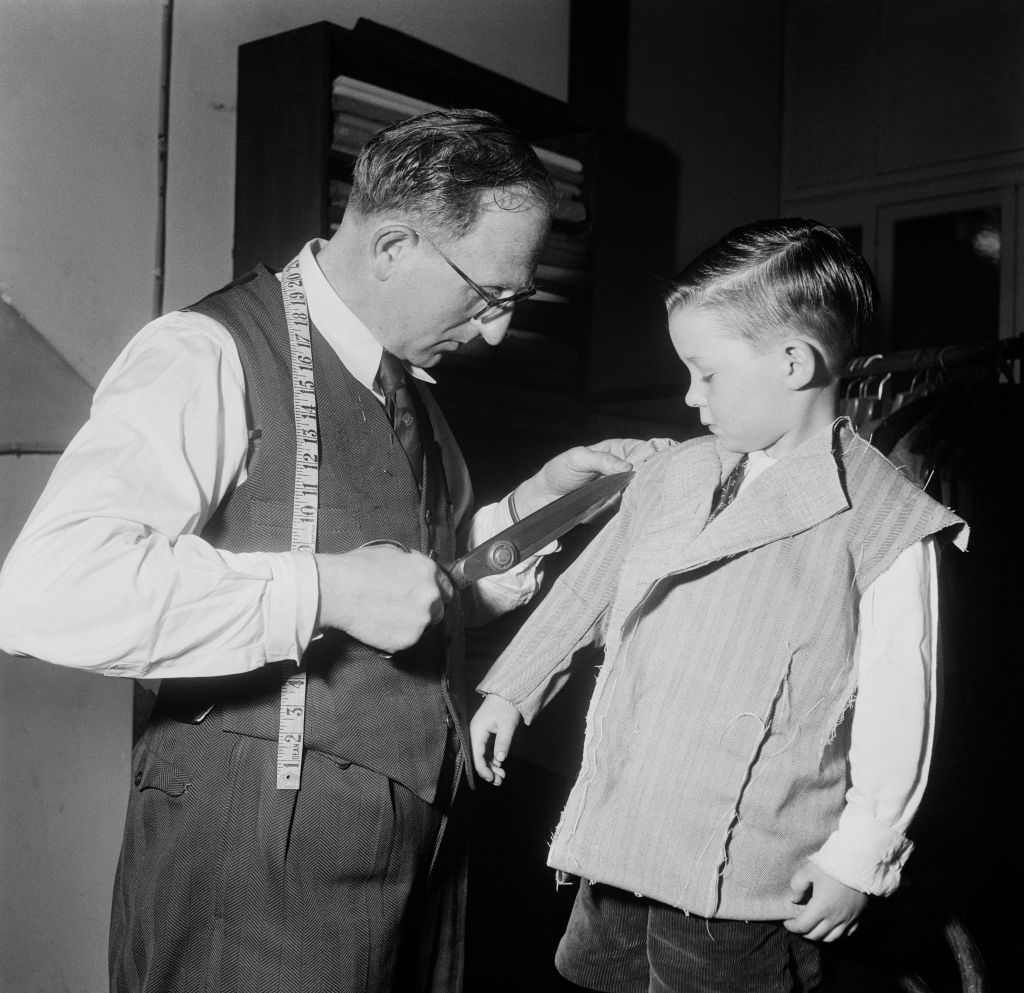Your guide to preventative health screenings you should get in your 30s
Some of the recommendations for preventative health care and screenings change as you age. When you hit your 30s, it's time to build on healthy habits you started in your 20s — or get on track if you haven't been so far.
"Just like you take your car in for a regular tune-up, (your health) is similar," Dr. Céline Gounder, a CBS News medical contributor and editor-at-large for public health at KFF Health, told CBS News. "Your risks do change over the course of a lifetime, but you need to keep up with that good maintenance to keep yourself healthy."
CBS News HealthWatch has compiled a series of guides to help you know which preventative screenings should be on your list, starting with people in their 20s and in each decade through your 60s and beyond. Your 30s are all about keeping up with routine tests and introducing a few more.
So what should 30-somethings have on their preventative checklist? Here is a look at the guidelines experts recommend for people at average risk:
Vaccines to check off in your 30s
If you're up-to-date on all the vaccines the Centers for Disease Control and Prevention recommends for adults aged 19 to 26 — which we go over in our guide for people in their 20s — you can focus on just a few routine shots in your 30s, including the Td or Tdap booster shot, which protects against tetanus and diphtheria.
Health officials also recommend staying current with the COVID-19 vaccine and flu vaccine to reduce the risk of severe illness.
People in their 30s who may not have been vaccinated against hepatitis B should be screened for this, too.
Screenings to consider in your 30s
Everyone in their 30s should consider screenings for heart, skin, eye, oral and sexual health.
Heart health — To help watch out for potential heart risks, the American Heart Association recommends adults over 20 get their blood pressure checked every 2 years and their cholesterol levels checked every 4 to 6 years.
Skin health — To check for skin cancer, a yearly dermatological exam is also recommended by the Skin Cancer Foundation.
Eye health — Even if your vision is good, eye and vision exams are recommended in your 30s to check in on eye health. The American Academy of Ophthalmology recommend a comprehensive exam at least twice during your 30s while the American Optometric Association recommends an exam every two years between the ages of 18 and 39.
Oral health — Oral exams and dental cleanings are also important to keep up with. According to the American Dental Association, people should schedule at regular intervals recommended by their dentist. For most people, this is typically twice a year.
Sexual health — The CDC recommends those who are sexually active get HIV-tested at least once. Depending on risk factors, it is also recommended to get tested for other sexually transmitted diseases and infections. People should also be screened for whether they are at risk for HIV and should be on PrEP, a highly effective HIV prevention drug. See the CDC's website for a breakdown of specific recommendations.
For women, cervical cancer screening should start at age 21. Once in your 30s, the U.S. Preventive Services Task Force recommends "screening every 3 years with cervical cytology alone, every 5 years with high-risk human papillomavirus (hrHPV) testing alone, or every 5 years with hrHPV testing in combination with cytology (co-testing)." The American College of Obstetricians and Gynecologists recommends seeing an OB-GYN at least once a year for a well-woman visit and deciding with your doctor how frequently to do a pelvic exam.
For men, the USPSTF does not recommend routine testicular cancer screenings; however, the American Cancer Society recommends testicular exams be incorporated into a male patient's annual physical exam or performed as a self-test at home.
"Unfortunately, we know there is a higher risk of testicular cancer in your 20s and 30s," Dr. Steven Lamm, medical director at the Center for Men's Health at NYU Langone Health, previously told CBS News. "While testicular cancer rates aren't high overall, every man who pays an annual visit to their doctor should receive a testicular exam, which involves a doctor feeling for any usual lumps or bump in the testes."
Mental health — Mental health check-ins, to screen for depression, anxiety and risk for suicide, should be happening at annual check-ups.
The USPSTF also recommends screenings for intimate partner violence, unhealthy alcohol and drug use as well as tobacco use.
This guide is based on guidelines from health organizations and experts for people at average risk. Age and frequency of screenings may differ for individuals based on family history and personal risk factors. This does not take the place of your personal doctor's recommendations for your health.



